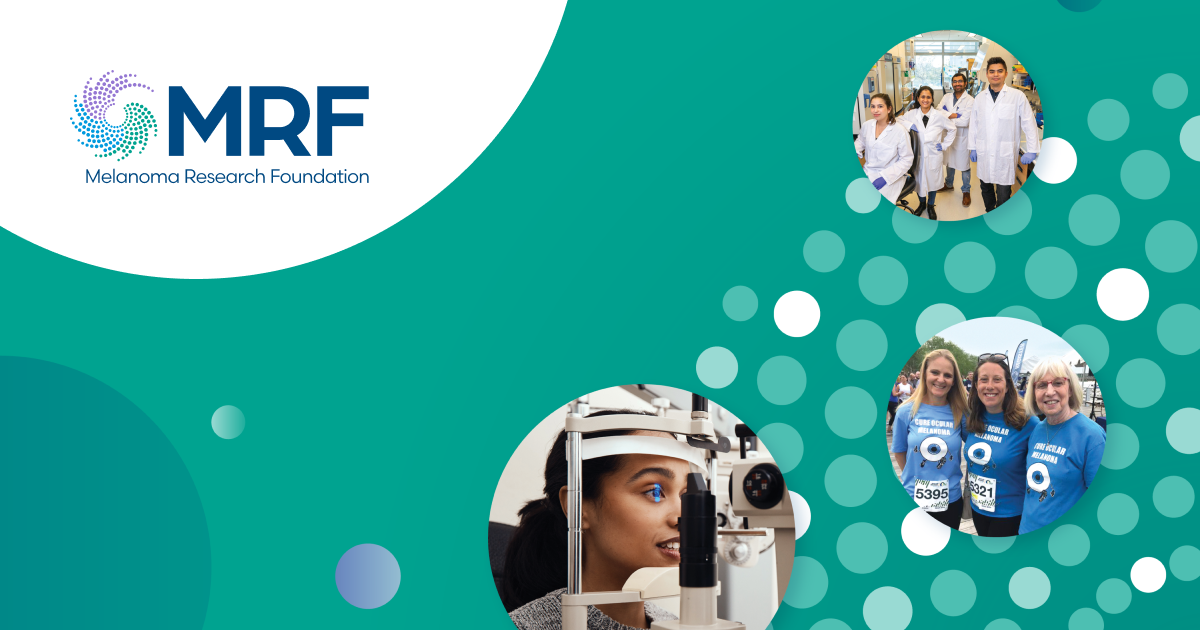National Caregiver’s Day – Nick Doble Shares His Heartfelt Journey as a Caregiver

Guest blog post by Nick Doble, ocular melanoma caregiver and MRF supporter:

“Being a caregiver is hard, and it’s not something you sign up for. It’s full of complex emotions, both in times of difficulty for the person you are caring for and in times of joy. It can seem very isolating and lonely.
My wife’s diagnosis came two days before I had been planning to propose to her. I went ahead with the engagement as she was still the girl I wanted to marry. I knew, as I got down on one knee, that I couldn’t be sure what the future would bring us.
Throughout her many treatments, which ranged from clinical trials from Memorial Sloan Kettering to University of Colorado to UPMC-Pittsburgh and FDA approved therapies, we got married, took a honeymoon, rescued a dog, built a house, and laughed a lot.
During Katie’s most recent clinical trial, I remember walking back and forth to the hospital from my dimly lit accommodation, in a city that was totally unfamiliar to me, as she lay in the hospital for three weeks. Some days, when she wasn’t feeling well, we only communicated for brief moments. On my walks, I reflected. Had I done enough that day? Did I show up as my best self? What might tomorrow bring for us as the world around us continues to go about their lives.
In most cases as a caregiver, people see right through you and very rarely acknowledge you (even if they do happen to see you). I get it. In a hospital, a doctor and nurse’s job is to care for the patient first. You have to accept this and do the best you can to continue to show up as the best version of yourself.
Often when people are very kind to you and do see you, it comes with guilt. Very generous friends and family would Venmo me money for a beer in support. I’d beat myself up over how I spent that money. The internal monologue didn’t stop; it continued to haunt me everyday with the ‘what if‘ scenarios playing backwards and forwards in my mind.
But I’ve come to realize that to look after my wife, I had to look after myself first. I had to allow myself to feel and I needed to be okay with my emotions, as difficult as it was for me – I am British after all (keep calm and carry on!). I had to let go of control in what was an incredibly difficult situation and step back and realize what it meant to do the best for us in that moment. I learned to introduce myself to doctors and nurses to allow them to bring me into the conversation, which enhanced my comfort. I learned to balance my wellness and be kind to myself, while also letting others help me. For me, this was the hardest thing.
Throughout the three weeks we spent in Pittsburgh, I knew that I could sit with Katie day in and day out. But that wouldn’t do either of us any good. As her caregiver I wanted to be there at all times to ensure she was being cared for and to talk to her for the brief moments in between her incessant naps. But it was physically and mentally draining. I needed to balance visiting her but also looking after my wellness. I couldn’t look after her if I was not looking after myself first. As a result, I committed to doing something for myself every day. I stretched and ran nearly every morning, explored the city by renting a bike, and enjoyed trying new coffee shops. These moments energized me to continue to show up for her and care for her.
So when I meet another caregiver, especially one new to the role, I share this advice: be kind to yourself, honor your emotions (even the ugly ones), and before you think about taking care of them, ensure you are giving yourself the grace to prioritize your wellness first.”



